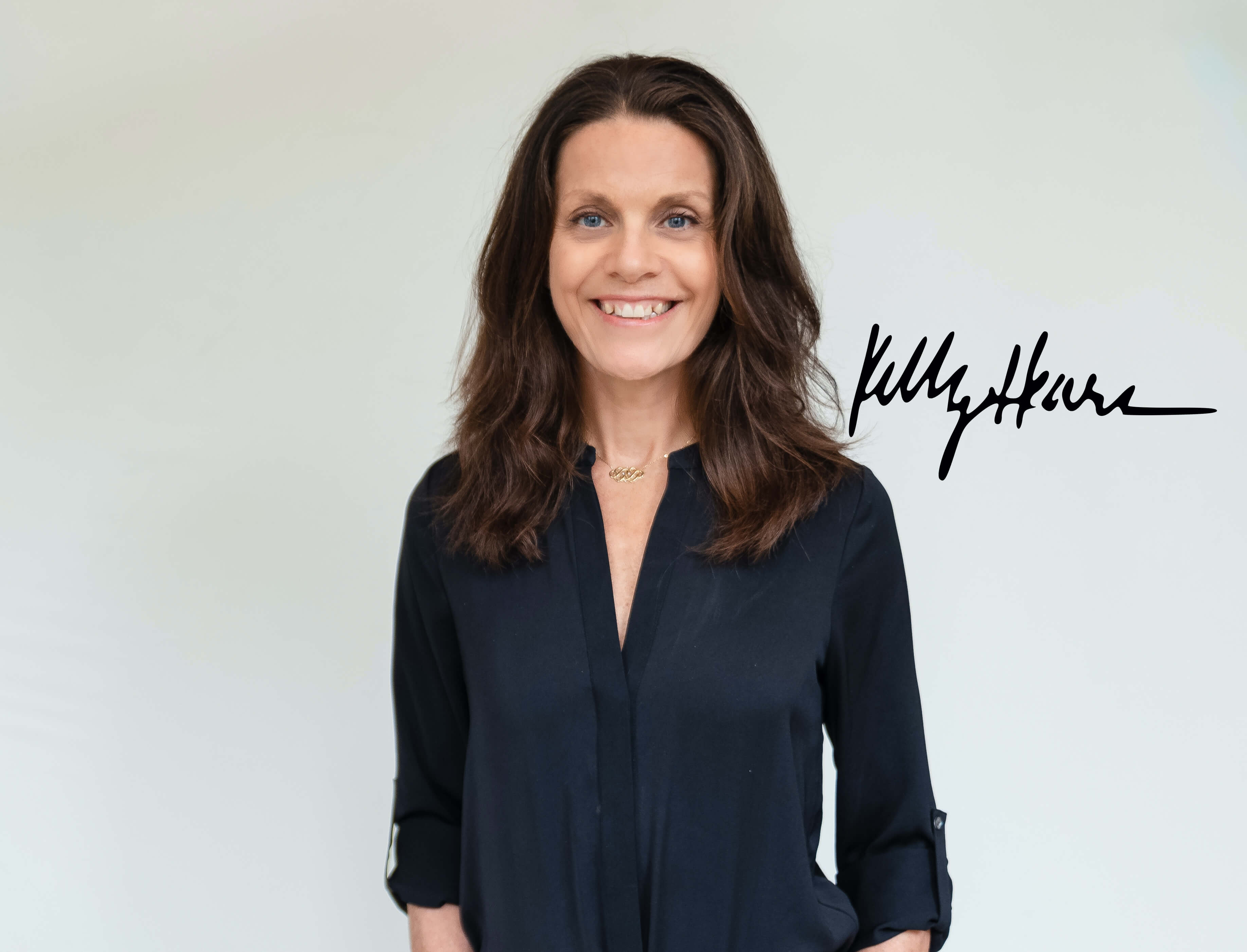Dear Therapist,
I lost my husband earlier this year in a tragic accident. For months, I was in shock and couldn't actually believe it - he was 33 and we were just starting our lives together, planning for children. I went back to work and remained distanced from my new reality. To the outside world I must have appeared 'strong' but I can see now that I was merely in denial. The sadness - the utter grief - is only hitting me now and I feel like my family and friends are confused by this, thinking that I was doing 'so well' and need to 'try to be positive again' as 'I have my whole life ahead of me.'
I feel utterly isolated and alone in my grief, putting back on my 'brave face' to the outside world to protect myself from more comments that will enrage me. This leaves me feeling abandoned all over again, abandoned by my husband, and abandoned by those I assumed would be my support network. I am sinking into what feels like a deep depression.
Signed,
Grieving
Dear Grieving,
I am so sorry for your loss. Death is always enormously difficult, but it feels particularly unfair when it comes early; cruel when life is taken in a tragic accident. Your loss and resulting grief are a trauma too overwhelming for you to take in in the immediate aftermath of your husband's death. Denial is sometimes a holding pattern we stay in until the psyche feels ready to face and process the pain. You are moving to a different phase now, and while the process of grief isn't uniform, predictable or linear, confronting the pain and finding space to live with it is an essential part of the healing process.
Your anger at people trying to push you along more quickly than feels doable is understandable. As a society, we are profoundly uncomfortable with death. We habitually ignore or deny death, so when confronted with it can be left utterly unprepared to accompany ourselves and our loved ones through the grieving process. The reactions you are getting from your family and friends speak to their own discomfort and confusion - they likely want to help but don't know how. This is important to keep in mind so that their behaviour doesn't wound you further.
You say you are feeling isolated and alone in your grief. Masking or denying your reality only alienates you further as you're finding. We are social animals and need connection, particularly when vulnerable. The presence of others is often needed to open ourselves up to the magnitude of grief, else the abyss can feel too deep and overwhelming. I would suggest reaching out to a therapist or grief counsellor to give you space and support to vocalise and process the emotions that are now surfacing. Your therapist can also help you find the words to communicate to loved ones an honest assessment of where you are, and what type of support would be useful for you at each stage. Crucially, you get to control how much or little you share with others about your changing emotions - opening yourself some doesn't mean you are compelled to give more than you're ready for. But finding words that feel authentic, titrating these to your readiness to share, and signalling what type of support would be welcome will help you stay connected to yourself and others.
Your therapist can also help you devise other outlets for expressing your grief - whether writing in a journal, painting or another means of accessing the feelings inside and externalising them. I would also suggest some type of regular physical movement as grief, like all emotions, takes up residence in the body. Physically moving with and through it can assist in moving psychologically and emotionally with and through it as well.
It takes courage to face the pain, to endure the loss; to stay with it rather than trying to leapfrog the sorrow. Our work is to honour the process, support ourselves through it and allow ourselves to be changed by it. Sending love your way.
Yours,

Do you have a question for Dear Therapist? Send it to [email protected] with Dear Therapist in the subject line and Charlotte Fox Weber or Kelly Hearn will get back to you.

